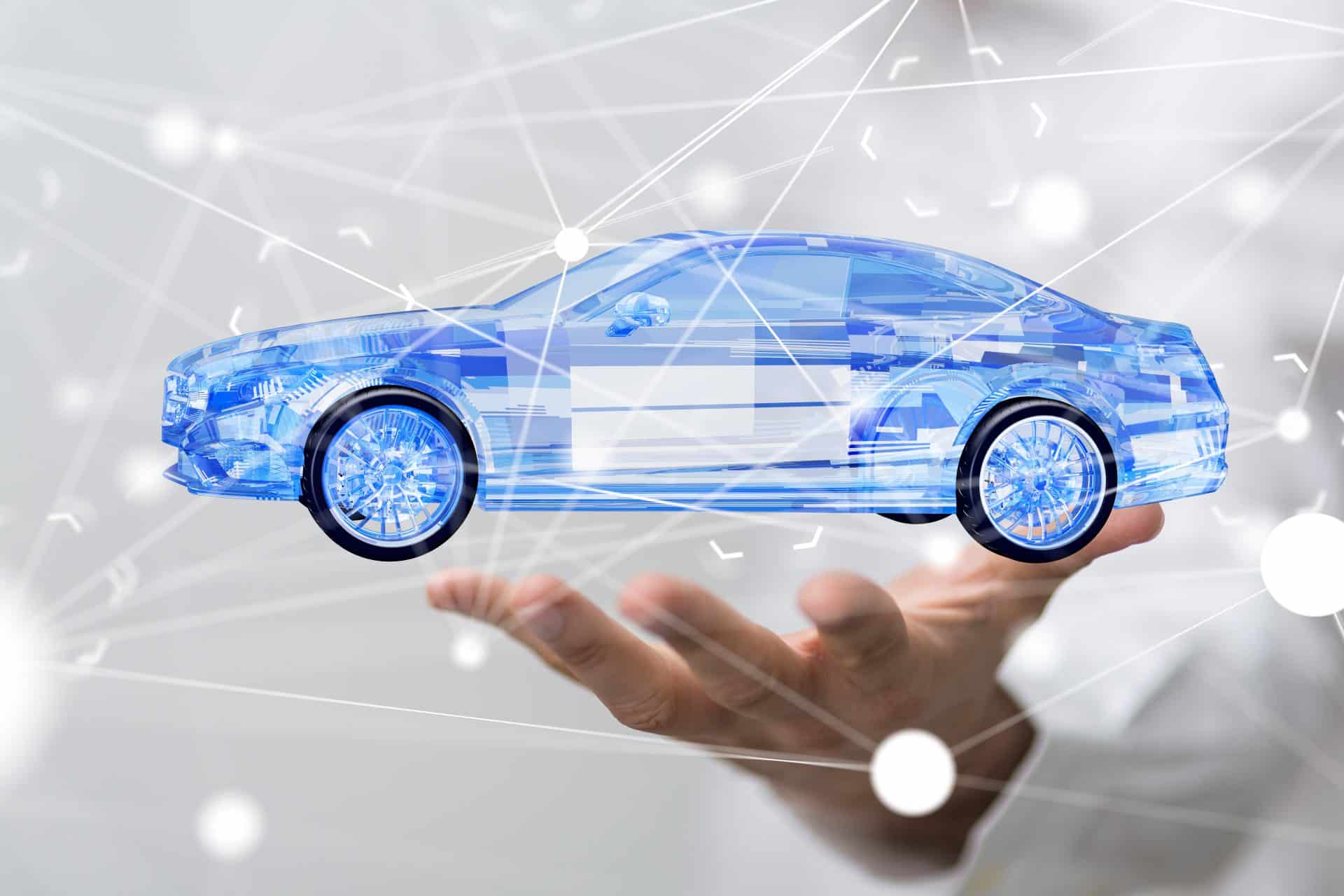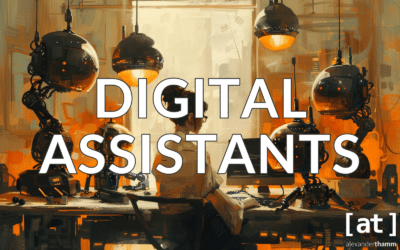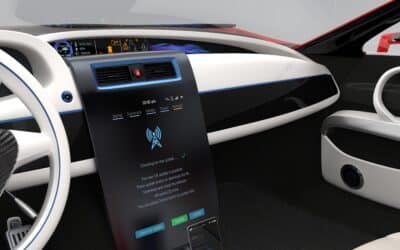Artificial intelligence has now reached a great diversity and maturity as a field of research. It is therefore not surprising that more and more products and entire industries are changing through the use of artificial intelligence. How extensive the effects of methods such as Artificial Neural networks and Deep Learning can be, can be seen in the automotive industry.
Inhaltsverzeichnis
Artificial Intelligence is on the rise
In more and more companies there are successfully introduced use cases or at least efforts to prepare the IT architecture accordingly. Two current AI studies - the IDC study "Artificial Intelligence in Germany 2019and the Deloitte "AI Study 2019"show a positive picture for Germany. The majority of companies recognise the importance of artificial intelligence, even if the use cases are often not yet embedded in an overarching data strategy.
Link tipRead also our blog article on the question "Will the machines soon take over? Artificial intelligence and their impact in the German economy".
The pioneering role of the automotive industry
The automotive industry is playing a pioneering role in this context. Not only are there prominent examples of applications there such as the autonomous drivingwhich would be inconceivable without Artificial Intelligence. The impact on many other areas of production is also enormous.
Not least because of the overall economic importance of the automotive industry as a Key industry for Germany, developments for this sector are of particular interest for the German economy.
Artificial Intelligence is already being used in more and more products, machines and components.
If we take a look inside the car, we can identify numerous sub-areas in which Artificial Intelligence plays a direct or indirect role. The basis for speech recognition in the car is based on NLP, so Natural Language Programming - an important subfield of Artificial Intelligence. The optimisation of navigation is also made possible by adaptive, intelligent Algorithms supported.

Driver assistance systems and certain additional functions such as the prediction of the course of the road for the automatic adjustment of the headlights are partly based on Image data evaluation resp. Object recognition.
Link tipIn this context, our Data Scientist Karl Schriek has dealt with the significance of Transfer Learning in image analysis.
In vehicle production, too, some manufacturers and suppliers are already benefiting from Artificial Intelligence (networked production). Machine learning in particular is an important data science method that is used in predictive maintenance projects, for example.
The real potential of Artificial Intelligence has not yet been realised
Highly complex processes such as autonomous driving are the supreme discipline of artificial intelligence. Even at autonomy level 4, where the car already takes over a great deal of the driving, the presence of a driver is still required. Only at autonomy level 5, which has not yet been reached, do vehicles act completely autonomously.
Link Tip: In this article, Dr Felix Klein deals with the "Autonomous driving vehicle from the perspective of a data scientist".
The goal: to master complex systems and improve the customer experience
There is still development work to be done in other areas, too, where artificial intelligence is making complex systems controllable. In some cases, however, progress is only a matter of time. One of the essential characteristics of intelligent algorithms is their Ability to learn. This means that they get better the longer and thus more often they are used.
At complex relationships of road traffic or within a factory, it is first necessary to learn the prerequisites. This includes understanding the traffic rules or the processes in a production hall, analysing them and predicting them to a certain extent, as well as playing through solution approaches for optimisation.
Data is the key on the road to Artificial Intelligence
For car manufacturers, it is worthwhile to have an automated evaluation of Vehicle data should be aimed for. Data such as that on the wear of brake pads, filters or oil consumption is valuable information. They allow conclusions to be drawn about the material used, make it possible to forecast damage and failures and, last but not least, provide the basis for automated planning of workshop appointments.
This is also the overarching goal that all the aforementioned development opportunities ultimately pursue: The consequent improvement of the customer experience in the car and increasing comfort and safety on the road overall.

Artificial Intelligence in the Automotive Industry - Assisted Design in Automotive Development
The use of artificial intelligence also opens up a previously unknown level of efficiency increase and optimisation in other respects. This starts with the initial planning or design of a new model.
Learning intelligent software can help the designer to develop the optimal design for a car. To do this, Artificial Intelligence is first trained with all possible car designs that already exist, so that the basic knowledge in this area is available. Based on this, various other capabilities can be trained, such as results from the wind tunnel or the behaviour of certain materials at high and low temperatures.
CAD models and simulations of new designs can be created with the help of artificial intelligence. to completely new results because they can try out millions of different variants. The same applies to related areas such as sound design for door closing noises, occupant safety or vibration reduction.
Artificial intelligence as a game changer in automotive production:
The use of Artificial Intelligence in the automotive industry results in numerous and fundamental optimisation possibilities. Objects, signs and language can be clearly recognised, decisions can be automated and actions based on these can be carried out. The result in each case is autonomous and adaptive Multi-agent behaviour. In this way, both the dream of autonomous driving and optimisation potential within the production chain can be realised.
If all process data are continuously recorded and stored in production, the Significantly increase production qualityThis helps to reduce defects and faulty production and to lower energy consumption. Also Forecast models can be included in the optimisation: For example, in painting and bodywork protection. The potential in the area of process optimisation is enormous and far from exhausted.
Artificial intelligence can be used in numerous areas along the entire Value chain of car production significantly. What becomes reality of this vision also depends in part on the legislator. In certain sensitive application areas, it must be clarified what falls under data protection and what is permitted. The lack of suitable specialists also still ensures that companies cannot realise the full potential in the area of artificial intelligence.
Nonetheless, artificial intelligence in the automotive industry is a Game Changer and opens up whole new possibilities for the entire industry.










0 Kommentare